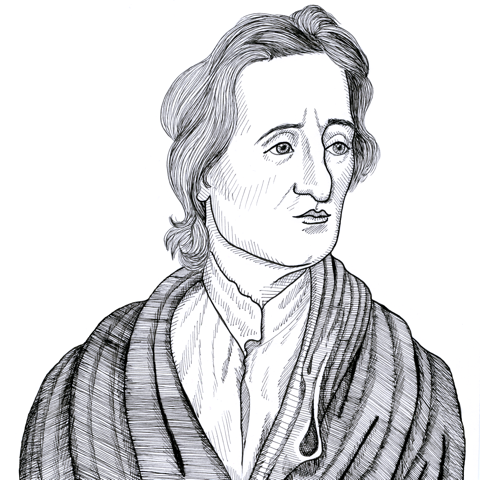
John Locke on the separation of Church and Magistrate (1689)
Found in: The Works, vol. 5 Four Letters concerning Toleration
John Locke (1632-1704) was also known in his lifetime as a staunch defender of religious toleration. In this passage he calls for the complete separation of church and magistrate:
Religion & Toleration
And the zealots hardly have patience to refrain from violence and rapine, so long till the cause be heard, and the poor man be, according to form, condemned to the loss of liberty, goods or life. Oh that our ecclesiastical orators, of every sect, would apply themselves, with all the strength of argument that they are able, to the confounding of men’s errours! But let them spare their persons. Let them not supply their want of reasons with the instruments of force, which belong to another jurisdiction, and do ill become a churchman’s hands. Let them not call in the magistrate’s authority to the aid of their eloquence, or learning; lest perhaps, whilst they pretend only love for the truth, this their intemperate zeal, breathing nothing but fire and sword, betray their ambition, and show that what they desire is temporal dominion.